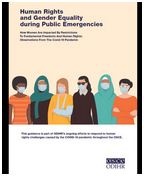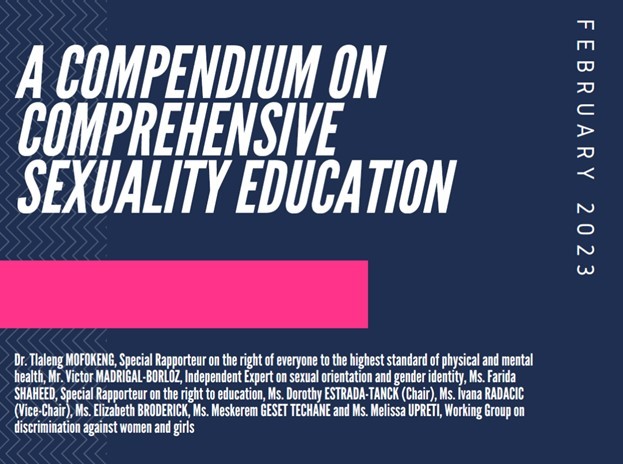Human Rights & Gender Equality during Public Emergencies as the COVID-19 Pandemic
Извор: WUNRN – 08.12.2020

When emergency measures and #humanrights restrictions are gender-blind, women end up being harmed the most. ODIHR’s new guide helps fill these gaps and prevent further discrimination.
In crisis situations, pre-existing patterns of discrimination, marginalization and vulnerability are exacerbated. Women and men, girls and boys experience the effects of the crisis itself, and of the extraordinary measures taken to counter it, in very different ways. Natural disasters, such as the devastating tsunamis, hurricanes and earthquakes of the past decade, have shown that women are at much higher risk of death from the immediate event, and also that their economic vulnerability increases in the aftermath.2 Distribution of relief aid often fails to consider gender differences, denying women access to key resources.
The impacts of armed conflict on women are complex. Conflict increases insecurity and, thus, women and children represent the majority of displaced and refugee populations fleeing conflict zones. Armed conflict ruptures family and community ties and creates large numbers of households headed by females, who must then cope with additional responsibilities under difficult and dangerous circumstances.3
Direct Link to Full 75-Page 2020 Publication: 472956.pdf (osce.org)


